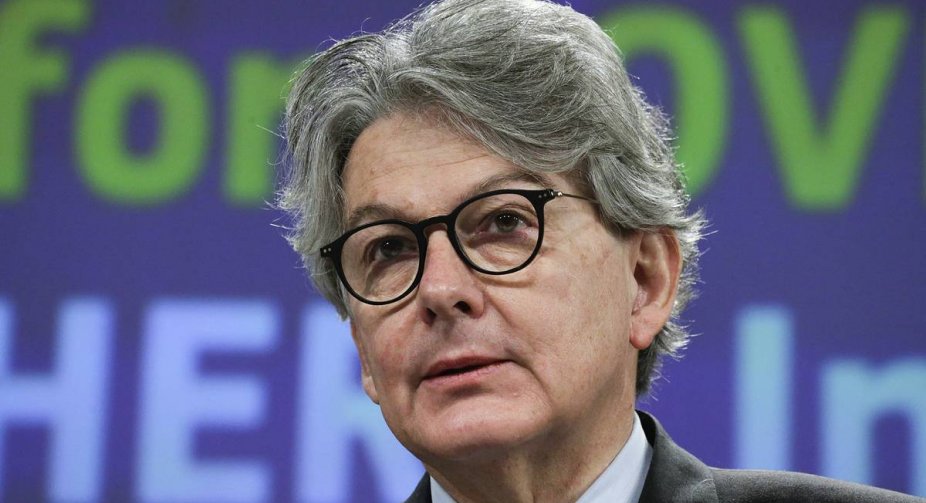The European Union has decided to prepare for the first winter without Russian gas. For this purpose, the community countries can extend the work of their nuclear and coal-fired power plants. This was stated by the European Commissioner for the Internal Market Thierry Breton during a press conference.
"We have made a decision: we are preparing for the winter without Russian gas. In order to make it through this winter and possibly next winter, EU states can extend the operation of their nuclear power plants or coal-fired plants," he said.
The head of the European Commission, Ursula von der Leyen, also said that she considers it likely that the EU would be deprived of Russian gas supplies.
Such a development "will have an impact on all EU countries," she added.
For his part, deputy head of the European Commission Frans Timmermans stressed the importance of the transition to alternative energy, which has become cost-effective for the first time in the conditions of extremely high gas prices.






